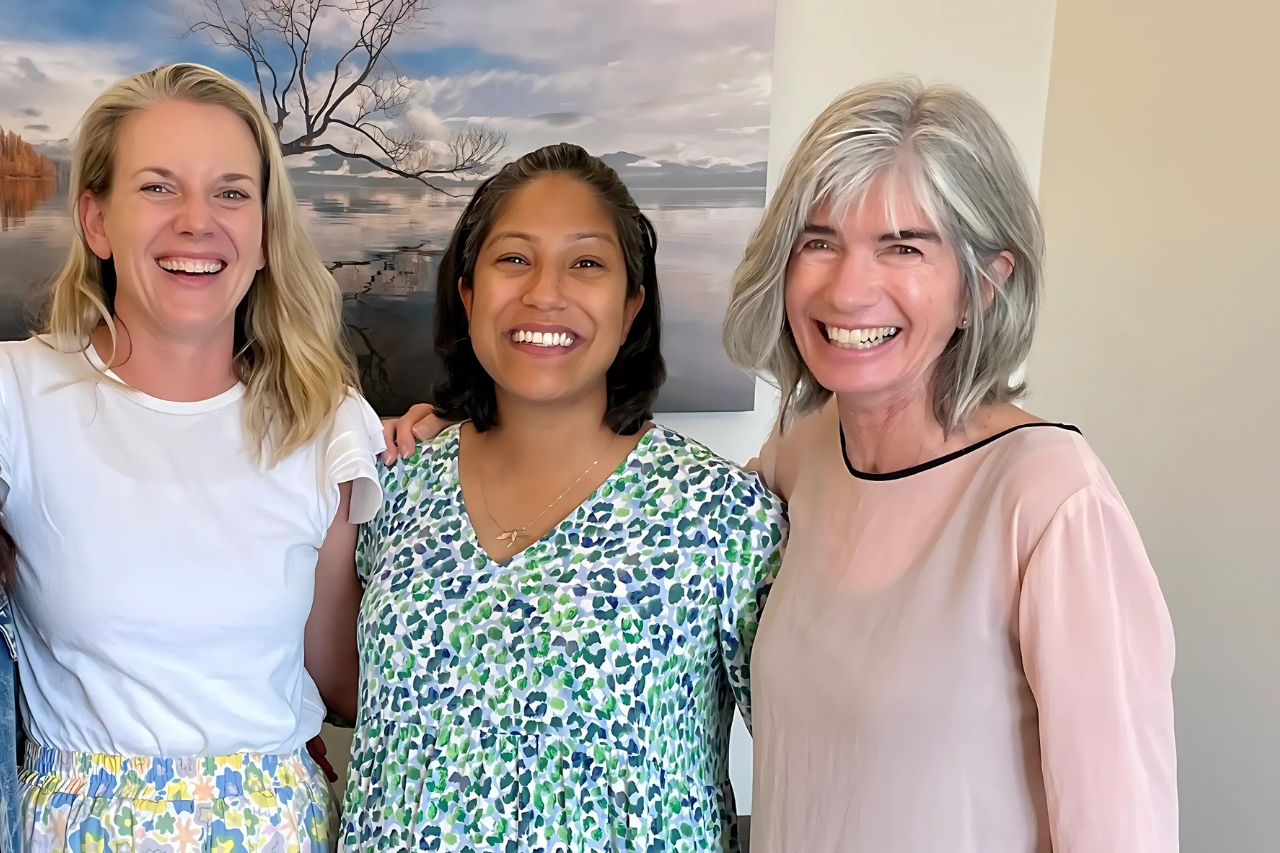Mothers are the quiet heroes of daily life—managing households, supporting families, juggling work, and holding space for everyone else’s needs. But in doing so, many mums put their own health and wellbeing last. This Mother’s Day, we want to honour the carers by encouraging a simple but powerful message: your health matters, too.
When we talk about self-care, it’s easy to picture candles and bubble baths. But real, lasting self-care often looks more like setting boundaries, saying no without guilt, asking for help, learning to pace and taking time for yourself. Pacing is about recognising your limits before you hit them—spreading out physical and emotional energy across the day or week, so you don’t burn out.
Now we definitely aren't saying this is easy, especially for those solo carers out there. But in a world designed to keep us overwhelmingly busy, there is only one of you to go around.
Even short, intentional pauses throughout the day can help regulate the nervous system and lower the body’s stress response. A quiet cup of tea, a 10-minute walk in fresh air, or even just a few deep breaths can create a reset moment in a busy schedule.
Equally important is letting go of the pressure to do it all. Prioritising tasks, sharing the load, and protecting time for rest are key ways to sustain long-term wellbeing. Remember: taking care of yourself isn’t a luxury—it’s a necessity.
So to all the mums, stepmums, grandmothers, aunties, and caregivers—this is your reminder: you deserve to feel supported, balanced, and well. Not just today, but every day.
Practical Ways to Pace & Protect Your Energy
-
The 3-Minute Reset:
A short break can have a powerful impact on your nervous system. Take three minutes to stop and breathe. Try this: inhale for 4 counts, hold for 4, exhale for 6, and repeat. This activates the parasympathetic nervous system, helping your body shift out of stress mode (Jerath et al., 2006). Use this time to gently scan your body for tension and release areas like your shoulders, jaw, or hands.
-
Say “No” Without Guilt:
Protect your time and energy by letting go of things that don’t serve you this week. Remember, saying "no" to others often means saying "yes" to your own wellbeing.
-
Meaningful Movement:
Movement doesn’t have to be a workout. Gentle, intentional movement—like stretching, walking, or dancing—can improve circulation, reduce tension, and support mental clarity. Even 10 minutes of walking can boost mood and cognitive performance (Hillman et al., 2008). Choose movement that brings you joy or helps you reconnect with your body.
-
Ask for Help—Then Accept It:
We know this is a tough one but you don’t have to carry it all. Let someone else support you today, even in a small way. Accepting help is a strength, not a weakness
Happy Mother’s Day from all of us at HealthWise Osteo – we see you, and we celebrate you.
American Psychological Association. (2019). Stress effects on the body. https://www.apa.org/topics/stress/body
Barlow, D. H. (2002). Anxiety and its disorders: The nature and treatment of anxiety and panic (2nd ed.). Guilford Press.
Harvard Health Publishing. (2020). Exercising to relax. Harvard Medical School. https://www.health.harvard.edu/staying-healthy/exercising-to-relax
National Institutes of Health. (2021, July). Self-care: What is it? Why is it so important? NIH News in Health. https://newsinhealth.nih.gov/2021/07/self-care
Porges, S. W. (2011). The polyvagal theory: Neurophysiological foundations of emotions, attachment, communication, and self-regulation. W. W. Norton & Company.
World Health Organization. (2020). Mental health and psychosocial considerations during the COVID-19 outbreak. https://www.who.int/docs/default-source/coronaviruse/mental-health-considerations.pdf

